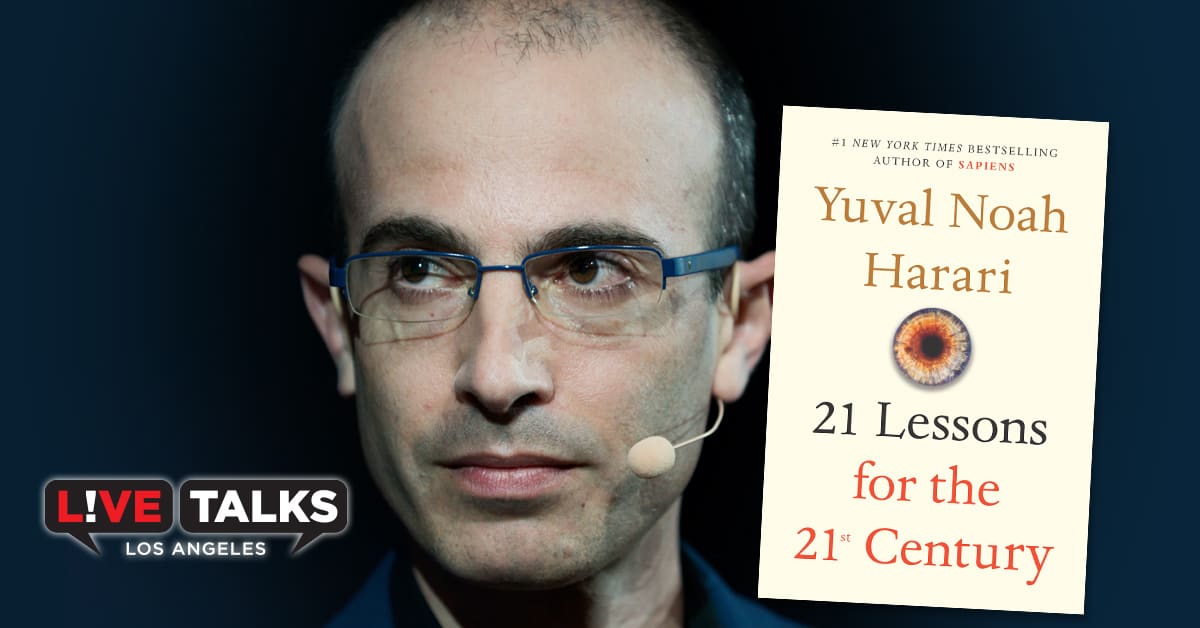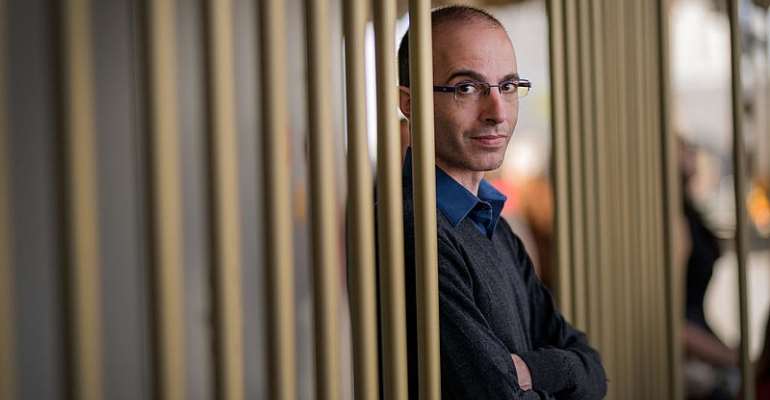
When you train the mind to focus on something like the breath, it also gives you the discipline to focus on much bigger things and to really tell the difference between what's important and everything else. What changes has meditation brought to your work as a historian? Yuval Harari You told the Guardian that without meditation, you'd still be researching medieval military history - but not the Neanderthals or cyborgs. To listen to my whole conversation with Harari - which delves into AI, the future of work, Harari’s favorite books, and more - subscribe to my podcast, The Ezra Klein Show, on iTunes, Spotify, or wherever you get your fine audio programming, or stream it off SoundCloud.

In this excerpt from our discussion, which is edited for length and clarity, we dig deep into Harari’s meditative practice and how it helps him see the stories humanity tells itself. But what I didn’t expect was how central his consistent practice of Vipassana meditation - which includes a 60-day silent retreat each year - is to understanding the works of both history and futurism he produces. Virtually everything Harari says in our conversation is fascinating. I’ve had one big question about him: What kind of mind creates a book like Sapiens? And now I know. I’ve wanted to talk to Harari since reading Sapiens.

And it, too, is fantastically interesting.

His new book, Homo Deus: a Brief History of Tomorrow, is about what comes next for humanity - and the threat our own intelligence and creative capacity poses to our future. The Israeli historian’s mind-bending tour through the trump of Homo sapiens is a favorite of, among others, Bill Gates, Mark Zuckerberg, and Barack Obama. Yuval Noah Harari’s first book, Sapiens, was an international sensation.


 0 kommentar(er)
0 kommentar(er)
